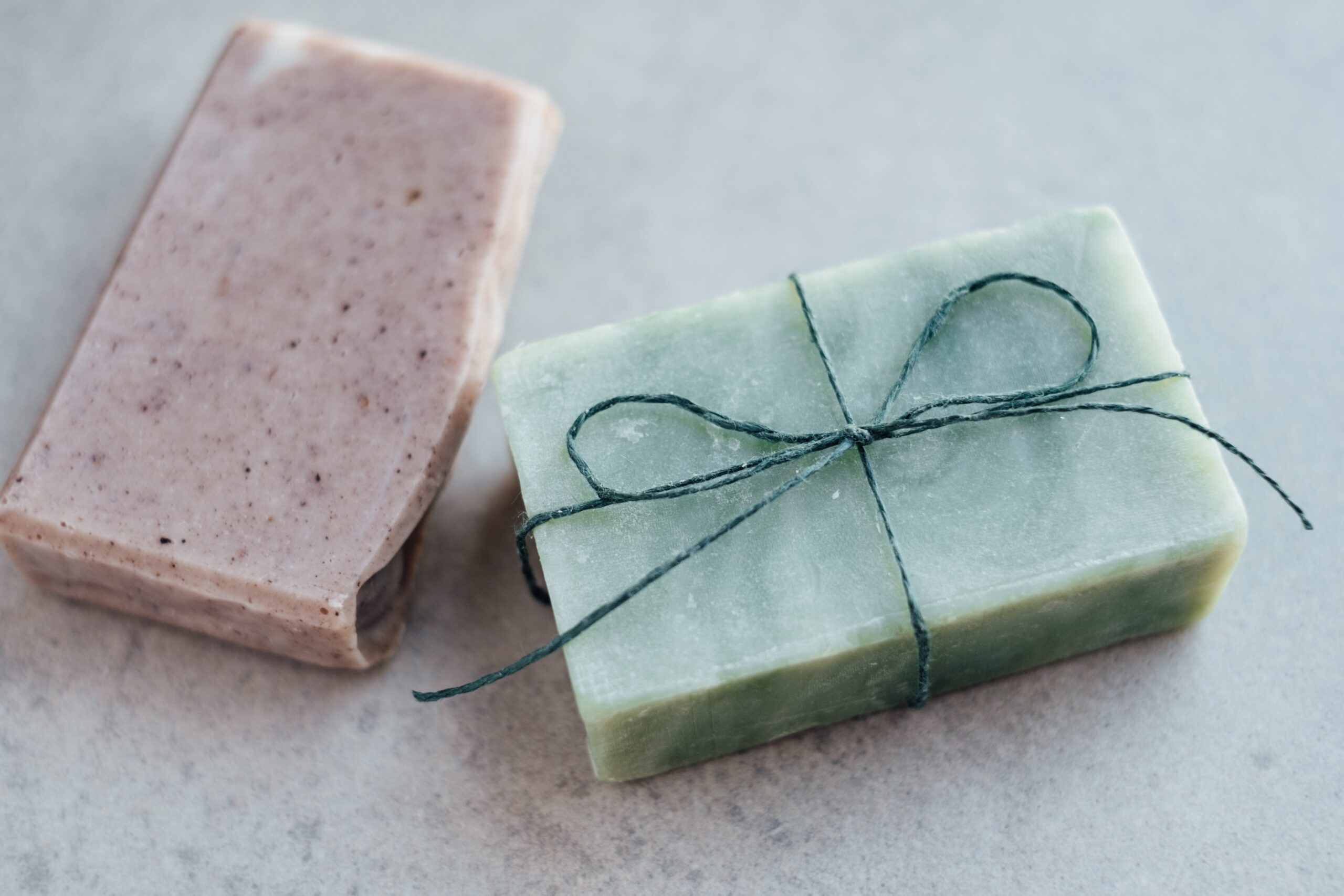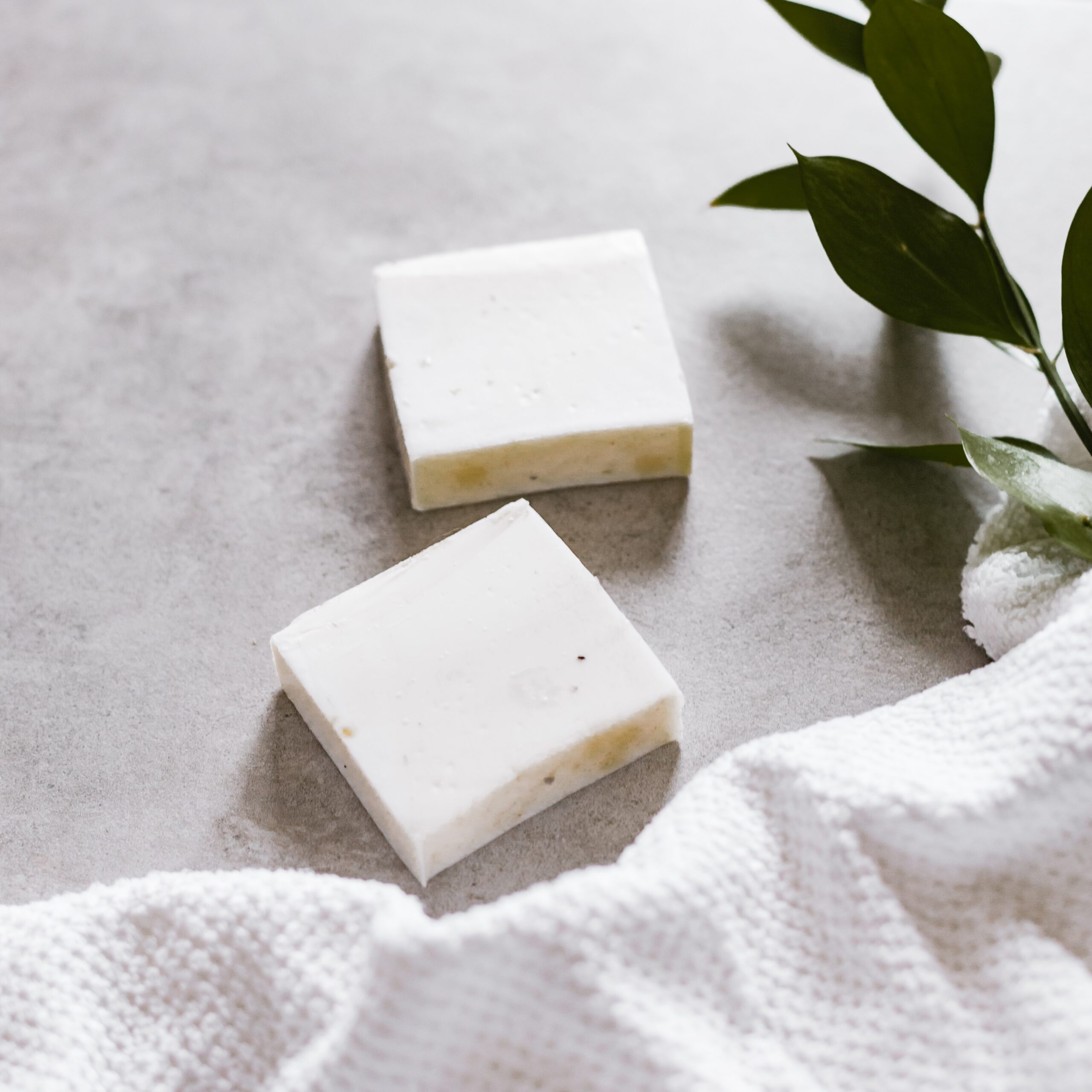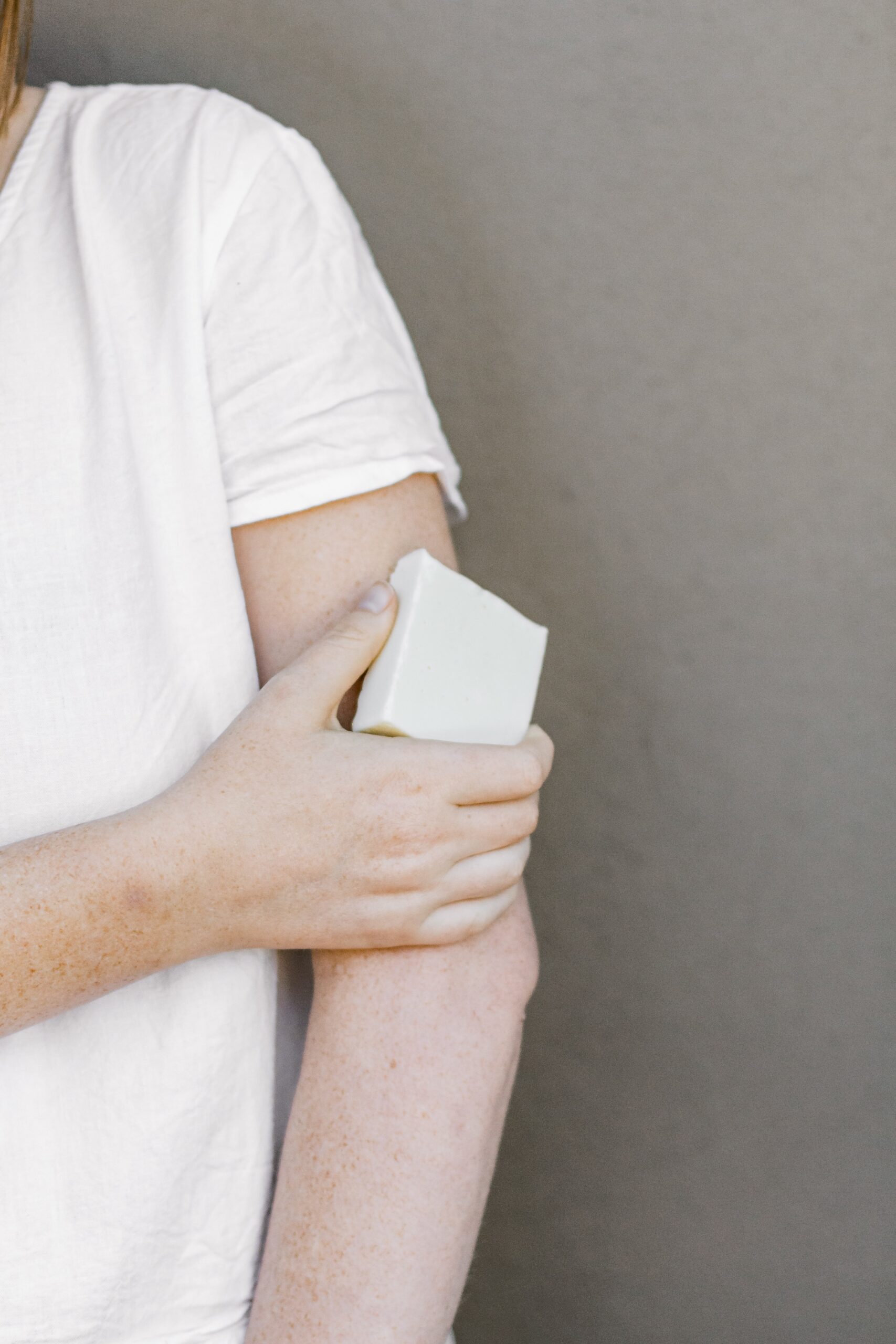Living off the grid is an attempt to achieve self-sufficiency and represents a step toward leading a life that is more in tune with the natural world. Every decision that we make in this endeavor will have an important bearing on both our health and the state of our environment. One of the most fundamental aspects, soap, which is used for both personal hygiene and cleaning, is frequently overlooked. Off-grid living necessitates the use of natural soaps that are crafted from wholesome ingredients that are kind to the environment. In this piece, we will delve into the reasoning behind why choosing natural soaps is not just a choice, but rather a conscientious commitment to leading a lifestyle that is both sustainable and healthy when living off the grid. Participate with us as we investigate the numerous advantages that come with going off the grid and using natural soaps.
The Importance of Hygiene in Off-Grid Living
Off-grid living is an exciting and responsible lifestyle choice that enables individuals to forgo the use of traditional utilities and adopt a more independent way of life. However, maintaining proper hygiene continues to be an essential component, even though it is frequently ignored amid efforts to conserve energy and water. The purpose of this guide is to shed light on the significance of hygiene in off-grid living and to offer practical solutions to maintain cleanliness while minimizing the impact that one has on the environment.
Why Choose Natural Soap?
The products that we buy have a significant impact on our ability to live a more sustainable lifestyle. Soap made from natural ingredients is essential for off-grid hygiene. Natural soaps, as opposed to commercial soaps that are loaded with chemicals and synthetic fragrances, are crafted from organic ingredients that are typically sourced locally. Because of this, natural soaps are biodegradable and friendly to the environment. They not only clean efficiently but also contribute to a healthier environment, which is in perfect alignment with the philosophy behind off-grid living.
What This Guide Covers
This guide is intended to provide comprehensive insights into the essentials of off-grid hygiene, with a primary emphasis on natural soaps and other environmentally friendly alternatives. We will discuss the advantages of using natural soap, how to choose the appropriate products, and additional steps that can be taken to ensure a clean and environmentally conscious lifestyle while living off the grid. Let’s get started on this path to a lifestyle that is healthier, friendlier to the environment, and more self-sufficient.
The Science Behind Soap Making
Personal cleanliness is of the utmost importance, and soap, despite its seemingly insignificant nature, is an essential component of our routine lives. When we have a better understanding of the science that goes into making soap, not only do we have a deeper appreciation for this essential product, but we also can make more educated decisions, which is especially useful when it comes to living off the grid.
How Soap Works
Soap is a chemical compound that is produced as a byproduct of a reaction involving the reaction of fats or oils with an alkaline substance. By undergoing what is called the saponification process, these components are converted into soap and glycerin. The molecules of soap have a structure that is one of a kind; one end is hydrophilic, meaning it is drawn to water, and the other end is hydrophobic, meaning it is repelled by water. Because of its dual nature, soap can effectively remove grime, oil, and bacteria from the skin, which can then be washed away with water, leaving you clean and feeling revitalized.
The Role of Lye in Soap Making
The production of soap relies heavily on lye, which is also commonly referred to as sodium hydroxide. It is a highly alkaline substance that, when combined with fatty acids or oils, causes a process known as saponification. However, because of its acidic nature, handling lye properly requires extreme caution at all times. During the saponification phase of the soap-making process, lye is completely consumed, resulting in the creation of a cleaner that is both safe and effective.
Natural vs. Commercial Soaps
Natural Soaps
Crafting natural soaps requires the utilization of organic and environmentally friendly components. They frequently contain a mixture of oils derived from plants, essential oils, and other natural ingredients such as herbs and clays. These soaps are biodegradable, which means that they can naturally decompose in the environment, thereby reducing the amount of damage they cause to ecosystems. In addition, natural soaps do not contain any man-made chemicals, which means they are kinder to the skin and less likely to cause allergic reactions or other skin irritations.
Commercial Soaps
On the other hand, commercial soaps are typically mass-produced, and they may contain a variety of artificial additives including artificial fragrances, preservatives, and harsh detergents. These ingredients have the potential to remove the skin’s natural oils, which can result in dryness as well as irritation. In addition, the manufacture and disposal of commercial soaps can leave a sizeable imprint on the environment, which can contribute to the generation of pollution and waste.
In the context of living off the grid, opting for natural soaps is an excellent way to achieve both the goal of sustainability and the objective of self-sufficiency. Individuals can not only maintain their hygiene but also contribute to a cleaner and greener environment if they choose to use natural soaps rather than synthetic ones.
The Ingredients for Natural Soap
The production of natural soap is an art that requires the ingredients to be chosen with great consideration. In the world of off-grid living, where maintaining sustainability is of the utmost importance, having a solid understanding of these components is necessary. Let’s delve deeper into the components that give natural soap its efficacy while also being kind to the environment.
Types of Oils and Fats
The choice of oils and fats serves as the blueprint for every conceivable bar of soap. The soap’s ability to clean, its lather, and its moisturizing effects are all influenced by the oils that are used, each of which contributes its unique properties. The following types of oils are frequently utilized in the production of natural soap:
Olive Oil: Olive oil, which is known for its soothing and moisturizing properties, produces a creamy lather and contributes to the continued suppleness of the skin.
Coconut Oil: This oil helps to produce a dense bar of soap that has a thick, foamy lather and contributes to its overall consistency. In addition to that, it has exceptional deodorizing qualities.
Shea Butter: Shea butter is incredibly nourishing and lends a luxurious feel to soap. It is obtained from the shea tree’s nuts and can be used to make soap.
Castor Oil: As a result of its ability to improve lather and provide a conditioning effect, this oil is an excellent addition to soap formulations.
Avocado Oil: Avocado oil, which is full of vitamins and minerals, gives skin a silky texture, and it also helps to soothe and moisturize the skin.
Natural Additives:
Natural soaps benefit from a wide range of natural additives, which enhance both their efficacy and their aesthetic appeal. These may include the following:
Essential Oils: Not only do these aromatic plant extracts impart fragrance, but they also offer additional benefits, such as antibacterial or calming properties.
Herbs and Botanicals: Incorporating dried herbs or the petals of flowers can provide a mild form of exfoliation in addition to adding visual interest.
Clays and Charcoal: These naturally occurring substances can assist in removing impurities from the skin while also contributing color and texture to the soap.
Milk and Honey: These components help produce a velvety lather and impart additional moisturizing qualities to the overall product.
Sourcing Ingredients Sustainably
Living off the grid requires a commitment to sustainable practices, which serves as a guiding principle. It is essential to give priority to environmentally responsible options when searching for ingredients for natural soap.
Local and Organic: Choose oils, fats, and additives that are organic and sourced from your immediate area whenever you can. This not only helps out the local businesses, but it also helps cut down on the carbon footprint that is caused by transportation.
Fair Trade: Choose ingredients that have received the fair-trade certification, which verifies that the farmers and producers were paid a just wage and operated ethically.
Packaging: Take a look at the containers the components came in. To cut down on waste even further, select options that come in either minimal or environmentally friendly packaging.
Crafting natural soaps that not only encourage good personal hygiene but also adhere to the tenets of sustainable living can be accomplished by individuals who give careful consideration to the selection and sourcing of the components of their soaps.
Off-Grid Applications
Being able to sustain one’s own needs and have a closer relationship with the surrounding environment are two benefits of living off the grid. Maintaining proper personal hygiene through the use of natural products is an essential component of this way of life.
Using Soap for Cleaning and Laundry
Cleaning Surfaces
Soap made from natural ingredients is an adaptable cleaning product that can be utilized on a wide variety of surfaces. You can make a cleaning solution by grating a bar of your homemade soap and then dissolving the grated soap in boiling water. This concoction is an all-purpose cleaner that works well on floors, countertops, and even dishes.
Laundry Detergent
Making your natural laundry detergent is not only easy but also relatively inexpensive. You will need to grate a bar of natural soap, then combine the grated soap with washing soda, borax, and any essential oils you choose. Instead of using traditional laundry detergents, try using this mixture instead. Without the use of harmful chemicals, your garments will come out spotless and smell wonderful.
Making Soap in Bulk
Sustainable Practices
When living off the grid, it is essential to make the most of the resources available to you. Making soap in large quantities allows for consistent production without requiring as much of it. It is important to maintain the quality and effectiveness of your soap bars by storing them in a place that is cool and dry.
Scalable Recipes
To successfully scale up your soap-making process, careful measurement and calculation are required. Before beginning a production run on a large scale, you should make certain that you have sufficient raw materials, molds, and storage space.
Soap as a Bartering Item
Recognizing the Value
Things like natural soap can turn into highly sought-after commodities in communities that are not connected to the grid. Because of its wide range of applications, including personal hygiene, housekeeping, and laundry, it is in high demand as a commodity for trade.
Packaging and Presentation
When it comes to using soap as a trading commodity, presentation is everything. Wrap each bar in a neat package and think about coming up with a label that describes the natural components and advantages of the product.
Soap made from natural ingredients is an adaptable product that can be used for a wide variety of off-grid purposes. It can be used for a variety of things, ranging from personal hygiene to cleaning and laundry. You can improve the quality of your off-grid lifestyle while also contributing to the development of a sustainable and self-sufficient community if you learn how to make soap in bulk and recognize its value as a bartering commodity. Embrace the power of natural ingredients and enjoy the benefits of living a life that is clean and environmentally friendly.
Conclusion
Natural soaps are an important component in off-grid living because they provide a more sustainable and environmentally friendly alternative to their traditionally chemical-laden counterparts. They are kind to the environment, and in addition to that, they are beneficial to one’s health and overall well-being. Off-grid individuals can reduce their environmental impact while reaping the benefits of clean and nourished skin by utilizing the power of natural ingredients.
Adopting the use of natural soaps not only complies with the guidelines for leading a sustainable lifestyle but also makes for a more wholesome and congenial relationship with the natural world. Natural soaps highlight the significance of making thoughtful, conscious decisions to promote a balanced and sustainable way of life. Natural soaps are an essential component of off-grid lifestyles, and as such, they play a significant role in these lifestyles.


